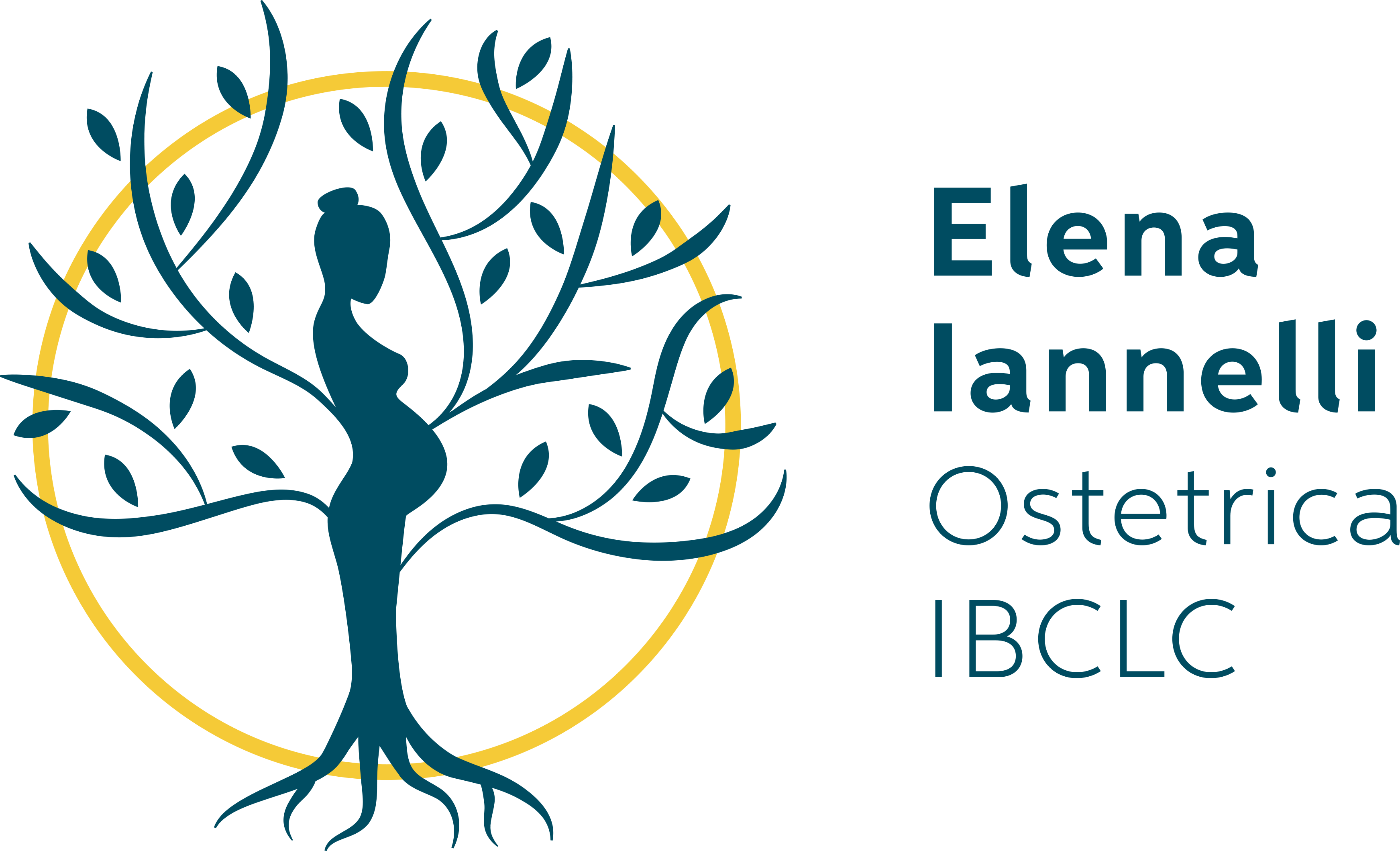The Expected Date of Birth: Let’s look at the facts

During the wonderful journey of pregnancy, one of the most frequently asked questions is: “When will the baby be born?” The answer to this question comes as an estimation called the ‘estimated due date’ (EDD). However, it is essential to understand that this date is only a rough indication and not a precise due date.
How is the estimated due date (EDD) calculated?
According to the World Health Organisation (WHO), a pregnancy is considered full-term between 37 and 42 weeks. This means that the baby can arrive at any time during this period, which extends over a month. The expected date of delivery is calculated based on the average duration of pregnancy, which is approximately 40 weeks or 280 days from the first day of the last menstruation. However, only a small percentage (about 5%) of babies are born exactly on the expected date.
What influences the estimated due date (EDD)?
The concept of ‘dating’ a pregnancy in this way goes back a long way, when a German obstetrician in the 1800s noted what the pregnancy average was at that time. However, the idea that this rule can be applied to all pregnant women – young or older, nulliparous or multiparous, and for all the world’s ethnic groups – is hardly credible. Several factors have been found to significantly influence pregnancy length, including ethnicity, variations in menstrual cycle, ovulation duration and parity (number of previous pregnancies).
Nothing in the human condition is standard and it is absolutely normal for women to have pregnancies of different lengths. Some babies may be perfectly healthy and be born at 37 weeks, others may need more time and be born at 42 weeks and still be healthy. Another curious fact to bear in mind is that in most European countries an average full-term pregnancy is considered to be at 40 weeks, but in France or other countries around the world, for example, it is at 41 weeks, which shows that there is no global consistency.
Furthermore, dating pregnancy from the date of the last menstruation is not accurate because not all women have cycles of the same length and the ovulation period varies greatly from woman to woman.
You are probably asking yourself “what if I know the exact date of conception?”: even here there is no absolute certainty, conception can occur a few days later because sperm can resist for a few days and maybe you were not ovulating that day.
In addition, we know that ultrasound scans are not 100% accurate: there is a margin of error in early dating. However, the measurements taken at the first ultrasound scan (between 11 and 14 weeks) will give a more accurate indication of the EDD than the date of your last menstrual period.
In reality, there is only one person who knows the precise date and that is the baby! Therefore, placing so much emphasis on the EDD does nothing but cause stress, which is very harmful during pregnancy and particularly towards the end.
EDD: what to do in the last weeks of pregnancy
The stress generated by this ‘due date concept’, which comes from both family/friends and health professionals, will build up the idea of a ‘late baby’ in the mother’s mind and consequently she will start having negative thoughts such as ‘why is my baby late?’ or ‘what is wrong with my body?’.
Stress only raises adrenalin and consequently lowers oxytocin, which is crucial in the last weeks of pregnancy. The more pressure is put on the mother, the less likely she is to go into labour.
In light of this, it would be much more useful to think of the part of the pregnancy after 40 weeks as a ‘bonus time’ in which you can enjoy time to do something nice and as a little treat for yourself (eating out with a friend, going to the hairdresser, treating yourself to a relaxing massage, going for a nice walk in nature, in short, any activity that helps to release oxytocin and ‘take your mind off things’).
As you approach the 42nd week your doctor will recommend an induction of labour. At present, for physiological pregnancies, there is no precise recommended date on when to start; some hospitals recommend it at 41 weeks, some 10 or 11 days after the EDD. Remember that the Italian guidelines recommend that: “The woman’s choices must be considered an integral part of the care process”. Always discuss this with your doctor or midwife, you have the right to be informed with evidence-based information!
In conclusion, the due date is an important indication during pregnancy to plan and prepare for the arrival of the baby, but it is important to remember that he/she will arrive when he/she is ready. Every pregnancy is unique and the baby will choose the right time for his or her entrance into the world. What really matters is to focus on his or her well-being and that of the mother during this extraordinary journey to parenthood.

